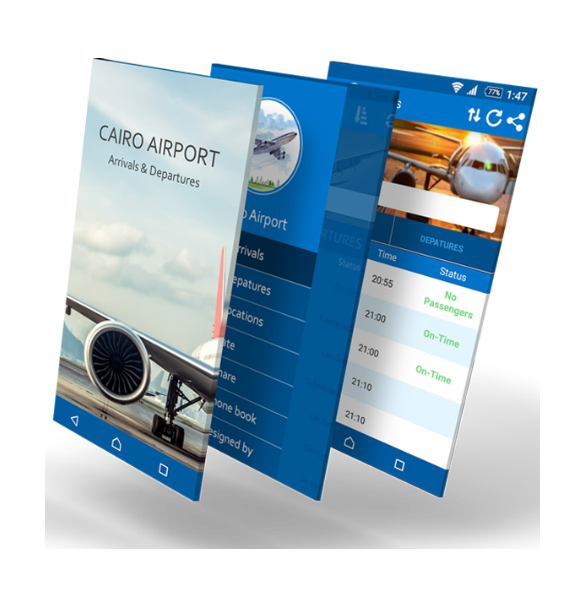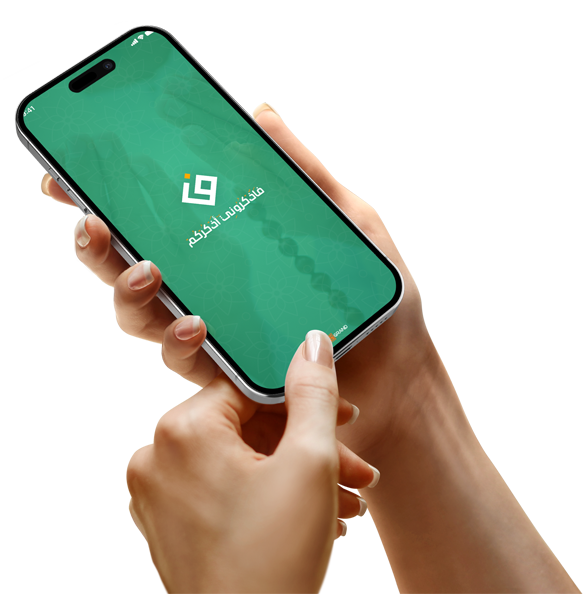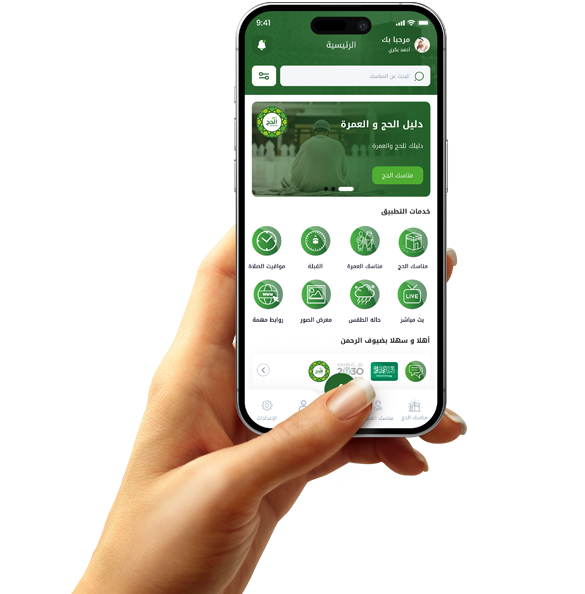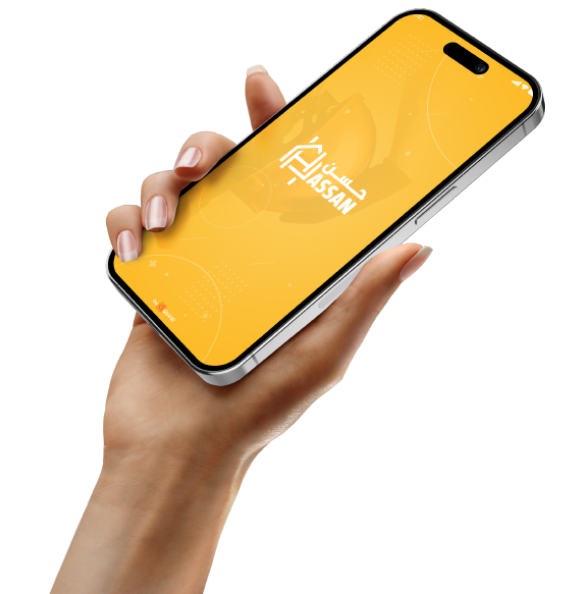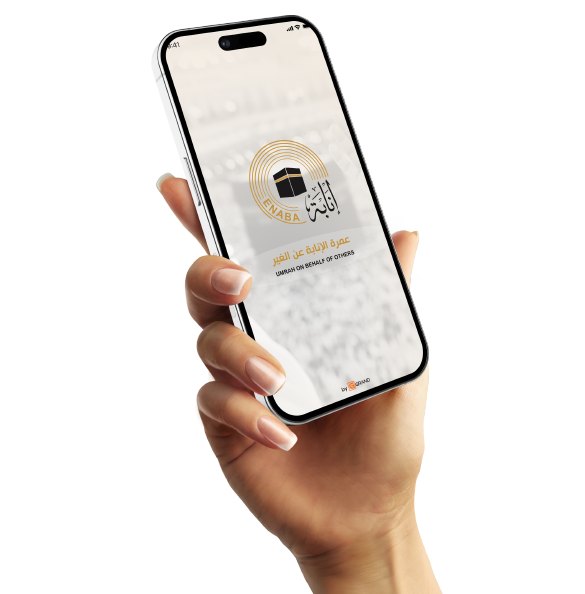The power of keywords in the store to show your app first

How do you choose the right keywords for your app?
Choosing keywords isn't just guesswork or literal translation; it's an art that relies on analysis and deep understanding.
The first step is to understand your target audience: how they think? What types of searches do they use? What terms do they use?
For example, a user searching for an app to track their expenses might type "budget," "expense," or even "wallet."
So, you should use user language, not developer jargon or technical terms that the general public doesn't use.
Start by compiling a list of keywords related to your app, whether general or specialized.
Then, use keyword analysis tools like AppTweak, Sensor Tower, or Keyword Tool.
These tools show you the search volume for each word, the level of competition, and stronger alternative suggestions.
Choose keywords with good search volume and relatively low competition; these are the best way to get off to a strong start.
Also, don't rely solely on a single word; prepare a diverse set of keywords that cover all aspects of your app.
Use words that are closer to the user's intent, such as "download videos offline," instead of "video only."

The Impact of Keywords on Download Rates in the First Week
The first week after launching your app is the most critical, as it determines your path in the store.
You either start attracting visits and actual downloads, or you remain invisible among thousands of apps.
This is where keywords become important. They are the first tool that influences the number of visits to your app page.
If you don't appear in search results, no one will be able to see your app, no matter how good it is.
Smart keywords are what get you to the first 100 users, who are the foundation of your launch.
These words are used in the title, app description, and even in the custom field names within the developer panel.
When you choose keywords with high searches and moderate competition, the app is more likely to appear in the results for new users.
The more they appear, the greater the chance of clicks and, consequently, downloads, even without ads.
But if you neglect these keywords, your app disappears from the scene before anyone sees it.
In the first week, you don't have enough ratings or reviews to convince others, so keywords alone are your only hope.
Think of them as an initial attraction that opens the door to entry before building user trust later on.
Store algorithms also monitor an app's performance from the moment it's published.
If users click and install the app, it will automatically rise in ranking.
This behavior only occurs if it actually appears—that is, if your keywords are working for you.
Therefore, it's always recommended to test three or four sets of keywords during the first week.
Reorder the title, tweak the description, monitor the results, and then settle on the best performers.
Avoid relying solely on your gut instinct; instead, use real data and analysis of keyword performance.
The first downloads build momentum, ratings begin to appear, and your rankings improve.
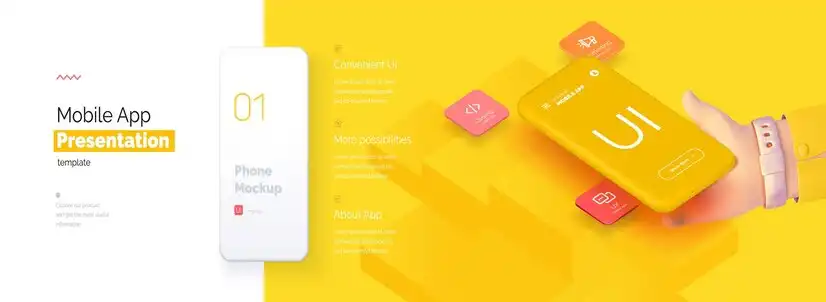
The Difference Between General and Precise Keywords in User Attraction
When writing your app description, you may be tempted to use general terms to attract the largest possible number of users.
However, reality proves that specific terms attract a more interested and willing audience.
For example, the term "shopping" is very broad and is used by thousands of apps, from clothing to groceries.
While a term like "shop for evening dresses online" directs you directly to an audience searching for that specific type of product.
General terms generate a lot of traffic, but they are often untargeted and may not lead to actual downloads.
Precise terms attract a smaller number of visitors, but they are a real audience who intends to use the app immediately.
When launching your app, you need an audience who is truly interested in what you offer, not just casual browsers.
The more specific your terms are, the greater your chances of reaching this type of user.
Another example: Instead of "education," try "an app that teaches multiplication tables to children aged 6 and up."

The Importance of Keywords in App Descriptions
The app description is the golden space that helps you stand out, if used intelligently.
Far from simply explaining the features, the description is an opportunity to insert keywords that will boost your ranking in search results.
Stores read this description carefully and analyze it to understand what the app offers and who it's suitable for.
And every word you include here can be a new way for your app to appear in search results.
Start the first paragraph with your most important keyword, as the first three lines often appear in the initial preview.
Make the description clear, streamlined, and contain words that users naturally search for.
Avoid repetitive filler, as users and stores distinguish between smart and random use of words.
For example, instead of repeating "exercises," use "morning exercises," "home workout schedule," and "daily sports app."
Variety here helps you appear in different search results and covers the interests of a wider segment.
Also, feel free to use question phrases within the description, such as: "Looking for a way to save on your daily expenses?"
These questions connect you to the user's needs and express the search intent your store is targeting.
Divide your description into clear paragraphs with subheadings, each of which can contain a primary keyword.



